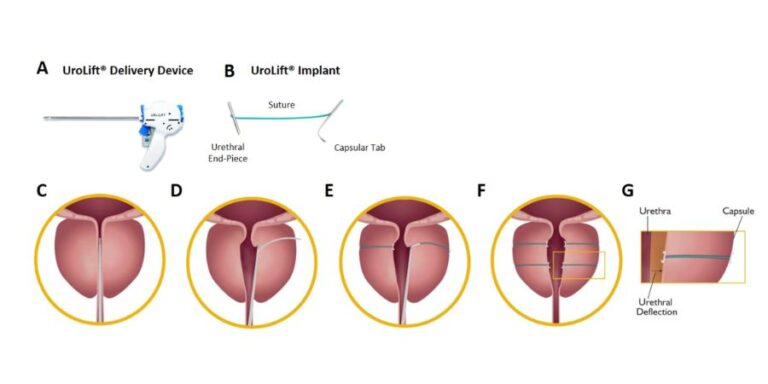The Role of Internal Medicine in Preventative Care
Preventive healthcare is the backbone of a healthier population, and internal medicine plays a key role in this mission. By focusing on evidence-based treatments, comprehensive care, and patient education, this approach empowers adults to maintain better health, manage risks, and prevent diseases before they develop. Here is the role of internal medicine:
Internal Medicine
At its core, internal medicine is about providing comprehensive care for adults. It stands apart in its ability to address a wide range of health needs, from initial diagnosis to the management of chronic diseases. Prevention is woven into every interaction, with physicians emphasizing the value of regular screenings, vaccinations, and early detection.
Routine Screenings
Regular check-ups lay the foundation for detecting potential health issues early. Internal medicine incorporates age-appropriate screenings into patient care, such as mammograms, colonoscopies, and prostate exams. These proactive measures allow for conditions to be identified and managed effectively. Vaccinations are another key component, protecting individuals from diseases like influenza, pneumonia, and shingles. Small, preventive steps like these may lead to long-term rewards. Doctors may include the following tests:
- Blood Pressure: Helps detect hypertension, a leading risk factor for heart disease.
- Cholesterol Screening: Assesses risk for cardiovascular conditions through lipid profile testing.
- Diabetes Tests: Identifies elevated blood glucose levels, which could indicate prediabetes or diabetes.
- Cancer Screenings: Includes mammograms for breast cancer, colonoscopies for colorectal cancer, Pap smears for cervical cancer, and PSA testing for prostate cancer.
Lifestyle Counseling
Maintaining optimal health goes beyond just physical exams. Internal medicine also promotes healthy lifestyle habits that are proven to reduce the likelihood of chronic diseases. Patients receive guidance on adopting nutritious diets, setting achievable exercise goals, quitting smoking, and managing stress. These lifestyle adjustments enable individuals to take charge of their health, making preventive care not just a medical goal but a personal one.
Identifying Risks
Many chronic diseases stem from undetected or unmanaged risk factors such as hypertension, high cholesterol, or prediabetes. Through careful assessments and ongoing monitoring, physicians help patients address these issues early. This approach not only manages immediate health concerns but also prevents them from developing into more serious conditions. Proactive management of these risks promotes long-term well-being.
Mental Health
Physical health is incomplete without addressing mental well-being. Doctors look beyond lab results and screenings to incorporate mental health into patient care. Physicians screen for depression and anxiety, offer counseling, and provide referrals to mental health professionals when necessary. This integrated approach makes sure that patients receive holistic care, recognizing the connection between mind and body in preventing illness.
Coordinated Care for Complex Cases
When health issues require specialized medical attention, this approach stands as a bridge between patients and specialists. This collaboration not only addresses complex cases more effectively but also fosters trust among patients navigating those complexities. This approach combines advanced medical knowledge with a genuine focus on prevention. Whether it’s through screenings, vaccinations, or lifestyle advice, internists help their patients stay one step ahead of health challenges. If this inspires you to take charge of your health, reach out to an internal medicine physician today.
- The Importance of Enterprise Document Management for Modern Businesses
- Managed IT and Cybersecurity Solutions for Financial Services
- Selling a Trade Business Successfully in Today’s Competitive Market
- AI-Powered Lead Generation for Modern B2B Growth
- Understanding Modern Window Systems in Contemporary Architecture






